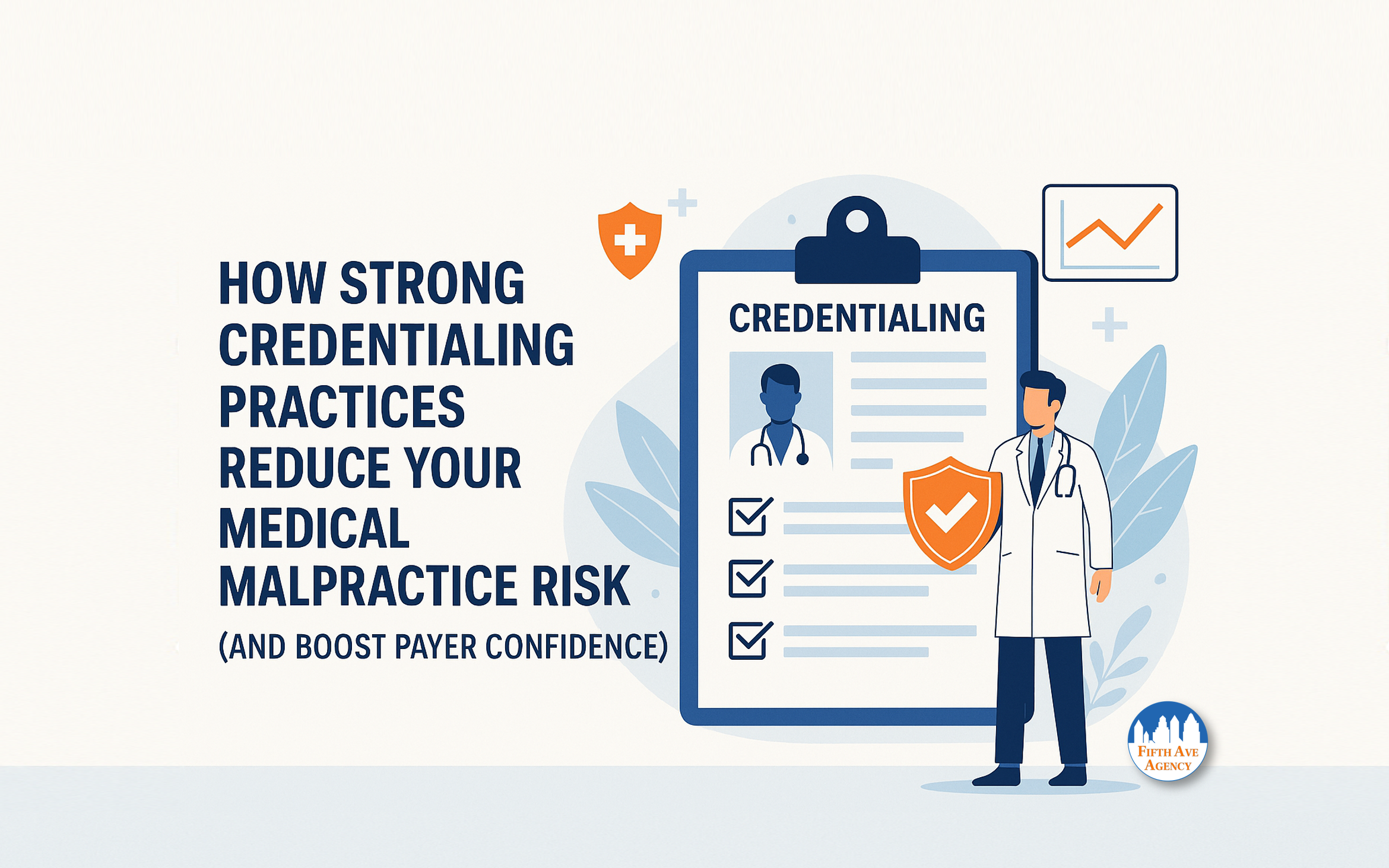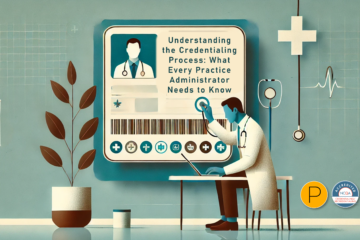Medical malpractice is generally defined as any action performed by a physician during the treatment of a patient that does not conform to accepted standards of care. These actions usually result in some injury to a patient. Medical malpractice can happen during a patient’s diagnosis, treatment, or aftercare. 51% of doctors in 2021 were named in a medical malpractice lawsuit, and more than 75% of physicians will face a medical malpractice claim by age 65.
Five common causes leading to medical malpractice lawsuits include:
- Diagnostic errors.
- Surgical errors.
- A failure to treat patients.
- Birth injuries.
- Prescription drug errors.
All these mistakes can have lasting and devastating effects on patients of all ages. While some cases can be successfully treated, the results are irreparable at other times. In an unfortunate few instances, death occurs. Recent studies have shown that medical errors are the third leading cause of death in the United States, and approximately 251,000 people die each year.
Physicians that acknowledge the significant causes of medical malpractice can help prevent them so they can continue to treat patients to the best of their abilities. Patients can regain their health and thrive confidently, knowing their lives are in capable hands.
1. Diagnostic Errors
A diagnostic error is generally defined as any missed, incorrect, or delayed diagnosis. It is a failure to not promptly and accurately communicate to a patient their condition and possible treatments.
- One study found that approximately 75% of injuries stemming from diagnostic errors concern vascular events, infections, and diverse types of cancer.
- Another study found that colorectal, lung, and breast cancers are the most misdiagnosed medical conditions.
It is estimated that around 12 million Americans experience diagnostic errors every year. Misdiagnoses are so common that everyone will probably be the victim of such an error at some point. Diagnostic errors have historically been the main reason for medical malpractice lawsuits. A Johns Hopkins University School of Medicine study found that 35+% of payments resulted from such errors.
Misdiagnoses can occur for many reasons. A patient might not describe or disclose all of their symptoms. Physicians might not ask the right questions or note what the patient tells them. Diagnostic equipment could fail. Tests could be improperly conducted or read. Since there is a wide range of possibilities, physicians must ask their patients as many questions as possible, keep organized notes, and communicate clearly. However, even in ideal circumstances, diagnostic errors could be costly.
2. Surgical Errors
Although all surgeries carry some risk, mistakes do happen, which can have long-lasting injuries or, at worst, cause death. A surgical error is a preventable mistake that occurs beyond the accepted range of risks.
- One study found that the United States sees approximately 4,000 surgical errors committed each year. The same study concluded that the most common surgical errors were wrong-site procedures, meaning when physicians operate on the wrong body part. An average of 2 out of 100,000 surgeries involve incorrect surgical sites. The average payout for wrong-site surgery malpractice lawsuits is approximately $280,000.
- Another common surgical error is when physicians leave foreign objects like sponges inside patients. Retained surgical bodies can happen in 1 out of every 1,000 abdominal procedures. One retained surgical body can result in damages as high as $150,000 per instance.
Other surgical errors can include:
- Amputating the wrong limb.
- Anesthesia mistakes.
- Incision errors.
- Oxygen deprivation.
- Operating on the wrong patient.
Surgical errors can be caused by anything from incompetence to miscommunication. However, not all errors happen in the operating room. One study found that, on average, most errors occur before or after the procedure. No matter when they happen, surgical errors negatively impact patients’ health and medical providers’ reputations.
3. Failure to Treat
This error means exactly what it sounds like. A physician’s failure to treat a patient can aggravate the patient’s condition and lead to worse problems or death. Failure to treat is typically not a reflection of the diagnosis. These cases often see physicians diagnosing conditions, not prescribing a course of action. This error commonly happens when patients are released too quickly and are not followed up on. Another instance finds physicians not treating patients because the patients cannot pay for treatment.
A 2021 Medscape survey found that 16% of malpractice lawsuits were filed because physicians failed to treat their patients.
4. Birth Injuries
The Merck Manual defines a birth injury as “damage that occurs due to physical pressure during the birthing process.” The definition states that many infants have minor injuries that heal without treatment. Birth defects are not caused by any trauma during birth and are not considered to be injuries. In the United States, approximately 30,000 babies are born with some birth injury each year. Head injuries are the most common birth injury.
7 in every 1,000 infants will experience a birth injury. Most of these injuries happen because of miscommunication/lack of communication between physicians and patients. One study suggests that 33% of related malpractice cases originated from communication errors. Fortunately, birth injuries caused by negligence are not expected.
Some of the leading causes of birth injuries include:
- Large infant size.
- Prematurity.
- Maternal difficulties (pelvis size, obesity).
- Prolonged labor.
- Abnormal birthing (breech delivery).
Malpractice lawsuit payouts involving birth injuries can range from $530,000 to $37 million. Often overlooked is the fact that mothers can also be injured during childbirth. Around 50,000 mothers experience some injury during childbirth annually. Injuries to mothers caused by negligence are also grounds for malpractice lawsuits.
5. Prescription Drug Errors
According to the U.S. Food and Drug Administration (FDA), a prescription drug error is any preventable event that may result in inappropriate medication use or patient harm. 100,000+ medication errors are reported to the FDA every year. In the United States, 7,000 to 9,000 people die from medication errors. Hundreds of thousands of people are believed to suffer from these errors but do not report their experiences. Medication errors potentially affect seven million+ patients annually.
Some of the prescription drug errors that cause patient harm include:
- Physicians are prescribing an incorrect dosage.
- Physicians prescribe the wrong medication.
- Physicians fail to prescribe any medication.
- Pharmacy errors.
- Inadequate instructions.
- Unclear packaging.
The primary cause of prescription drug errors is distraction. Physicians typically see more than one patient. They also have more than one duty. From examining multiple people and administering different treatments, physicians can suffer a lapse of professional judgment when prescribing medication, especially if they are trying to multitask.
Medical care for people suffering from medication errors totals over $40 billion annually. In 2021, 3% of malpractice lawsuits originated from medication errors.
More information about Fifth Avenue Agency
Fifth Avenue Agency specializes in MPLI and medical malpractice insurance, serving 1000s of providers nationwide. Fifth Avenue Agency is part of the Fifth Avenue Healthcare Services family. Sister companies include 5ACVO (credentialing and primary source verification specialists) and Primoris Credentialing Network (credentialing and provider enrollment specialists with 54+ health plan and network provider enrollment options).
Fifth Avenue Agency initially published this article here. For information on Fifth Avenue Agency, please visit FifthAvenueAgency.com or Contact Us.















